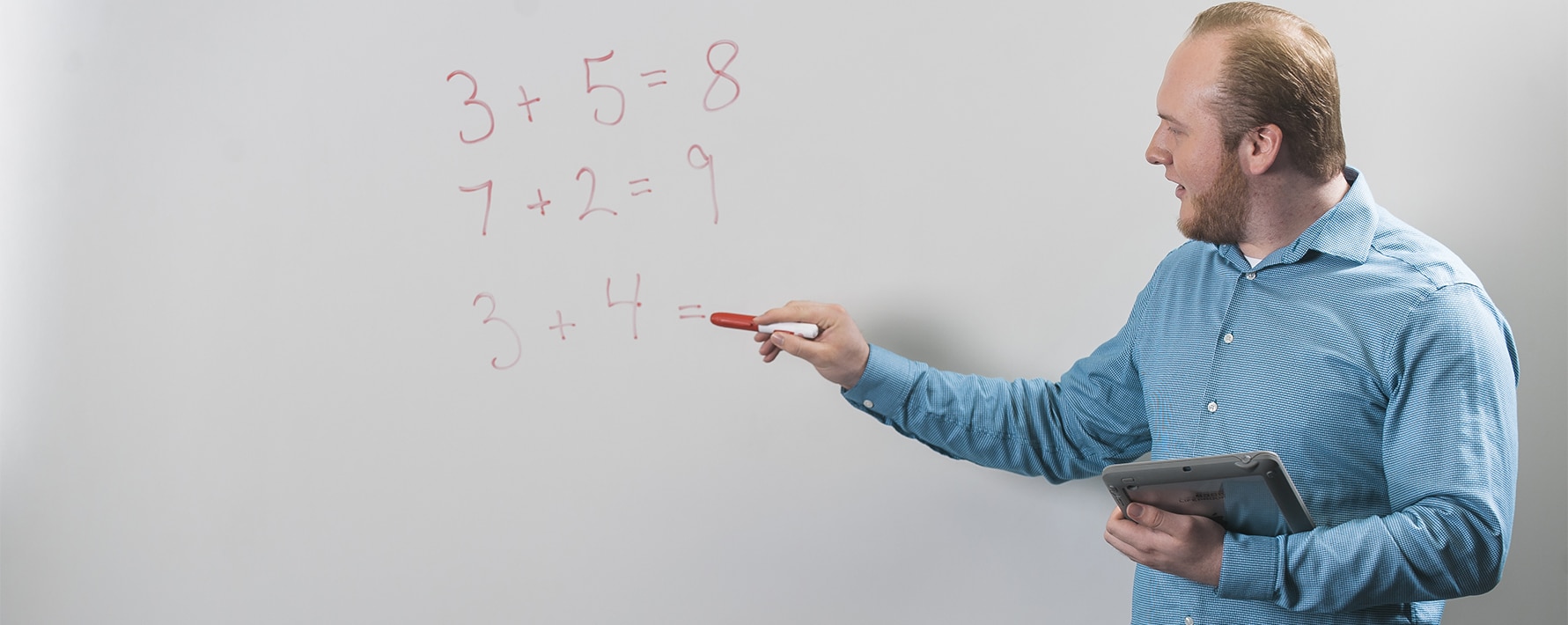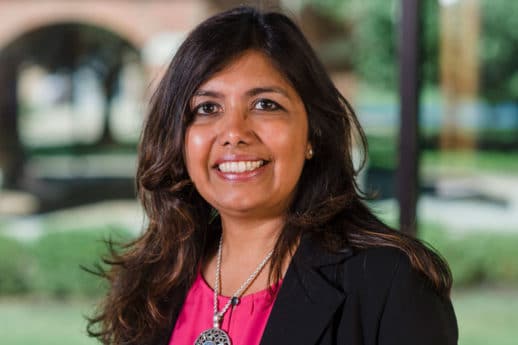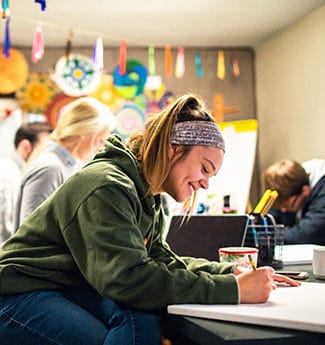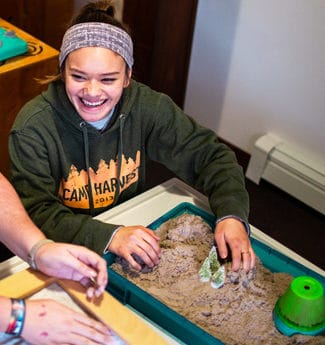Teacher candidates will use ongoing systematic observation, documentation, screening tools and other appropriate formative and summative assessment tools, and approaches embedded in assessment-related activities in curriculum and daily routines.
Candidates will use a team-based, problem-solving approach using data to identify struggling learners early to improve student outcomes.
Candidates will be able to describe the roles and responsibilities of other building and district professionals in the PK-12 school system (e.g., early childhood specialists, school psychologists, social workers, occupational therapists, speech and language pathologists, physical therapists, school counselors, reading specialists, and bilingual or English as a second language educator).
Candidates will also understand their role as participants in developing, enacting, and assessing an Individualized Education Program (IEP) and 504 plan.
Prerequisite: Conditional Status and EDU-233








